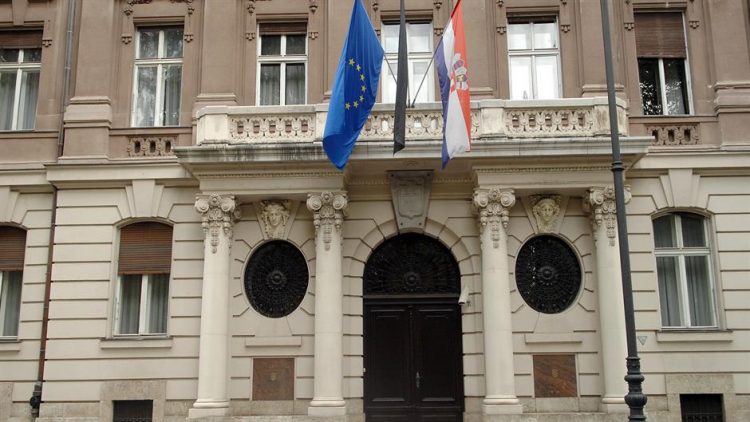
Croatia’s Ministry of Foreign and European Affairs dismissed on Friday the Bosnia’s allegation that it was breaching an international treaty the former six Yugoslav republics signed regarding who gets what after the joint country fell apart.
Bosnia’s Presidency made that claim on Wednesday during the first session held after its inauguration. The Bosniak, Serb and Croat members of the Presidency decided to inform the United Nations about Croatia's violation of the Succession Agreement and to ask Zagreb to respect the international treaty and return Bosnia’s pre-war property located in Croatia.
An agreement on how property should be distributed came into force in 2004, but since then, very few cases involving Bosnia’s property in Croatia – mostly gas stations and hotels on the Adriatic coast – have been resolved because the two countries never signed a bilateral contract on how exactly to implement that agreement.
Most of the property remains neglected, and some of the buildings have meanwhile turned into ruins.
The Croatian Parliament adopted end of May a new law that enables Croatia to rent out those properties, but Bosnian experts fear that this could lead to Bosnia losing them for good.
But according to the Croatian ministry, Croatia has “in no way breached the provisions of the Agreement on Succession Issues” with adopting the State Property Law.
Croatia is prepared to solve all property issues it has with Bosnia with a bilateral agreement, as was done with Slovenia and Macedonia, but Bosnia has “before the agreement was signed already given up on the agreed text of the agreement,” the Croatian ministry said.
The law does not affect or change ownership rights on any property, including real estate which once belonged to state-owned companies in the Yugoslav era which were based outside Croatia, the ministry said.
Croatia will prepare a formal response to the complaint from Bosnia’s Presidency, it said.






